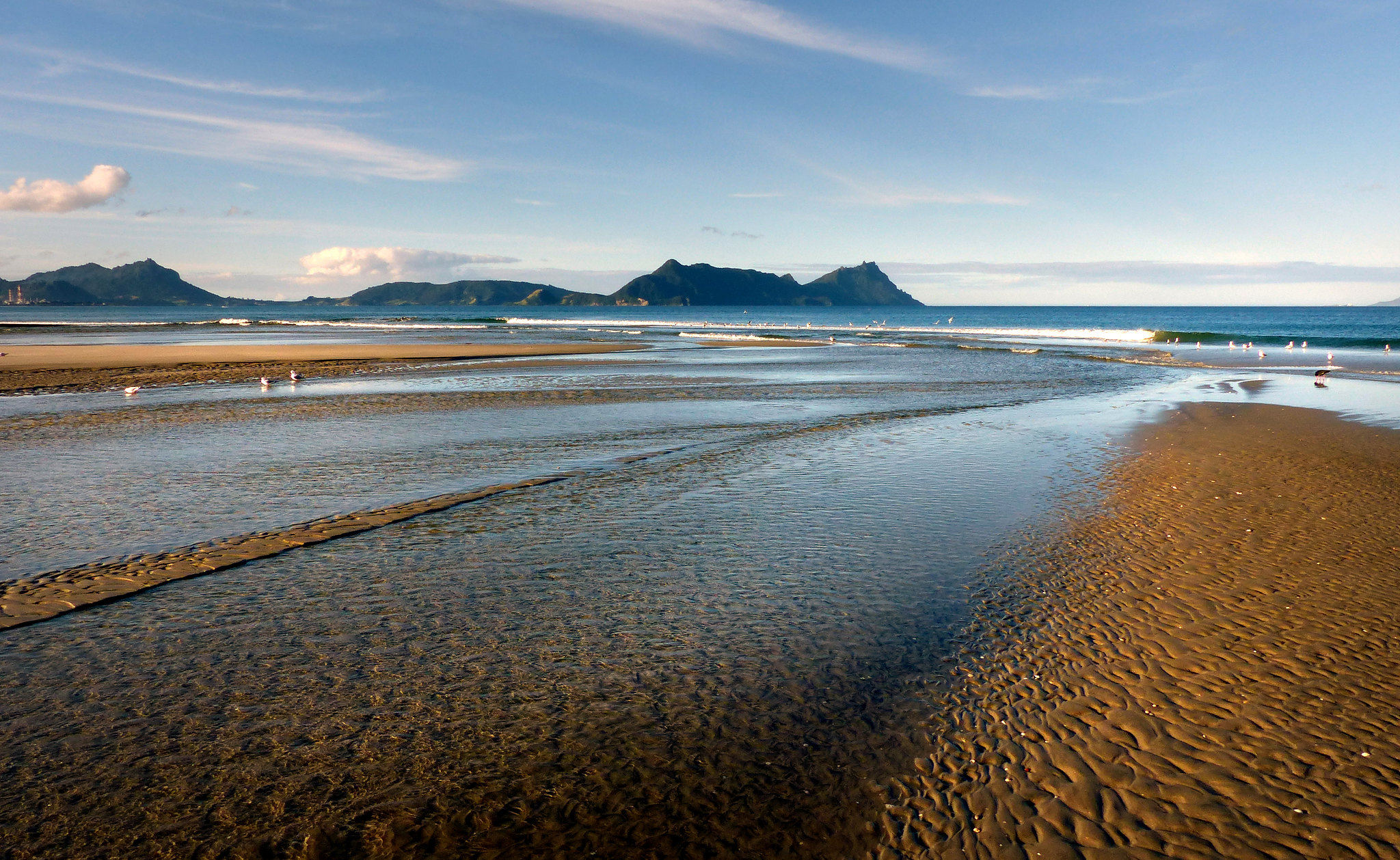A major report on climate adaptation calls for indigenous knowledge and science to be brought together to help secure a liveable future.
The IPCC’s Working Group 2 report recognises that indigenous knowledge and practices will be critical in responding to climate change in Aotearoa and the Pacific. The SMC also held a briefing with authors of the report.
The SMC asked experts to comment.
Associate Professor Sandy Morrison, Vision Mātauranga Programme Lead, Deep South Challenge; and Head of Māori and Indigenous Studies, Waikato University, comments:
“Whānau, hapū and iwi are observing changes in the natural environment of their respective rohe and are now preparing to adapt to climate impacts such as rising sea levels that threaten coastal marae and wāhi tapu, and our associated tikanga and mātauranga. In many ways, hapū and iwi Māori are “ahead of the curve” in climate adaptation, because we tend to think many generations out.
“The protection of the natural world is paramount for Māori. Our identity is intrinsically linked to place. Kaitiakitanga and whānaungatanga guide how we interact with the environment, each other, and our past and future generations. We explored this in depth in our Story Map about how kōrero tuku iho can guide adaptation responses.
“Looking to the past, as we do in te ao Māori, through examining these intergenerational narratives, gives us a framework for moving forward. Kōrero tuku iho are expressed in karakia, haka, waiata, and explored in wānanga-at-place. They remind us of the biological, spiritual, and physical states of our food sources and our places of significance, prior to the onset of human-induced climate change. Understanding how our tūpuna responded to the unknown or in times of adversity can inform how we respond now and into the future.
“We believe values of kaitiakitanga and whānaungatanga could be more widely understood and adopted by communities, business and government. We have to move away from short-term profit being our driving imperative. Thinking holistically can support us at local and national levels to develop more protective practices that help us adapt to the climate change that’s already locked in, as well as helping to slow down climate change itself.
“Western science has given us a clearer understanding of the biophysical changes underway in the atmosphere and ocean, but these climatic changes are too often considered in silos. Repositioning our understanding of climate change through this lens of the interrelationship and interconnectedness of all living things will lead to better outcomes for our tamariki mokopuna.”
Note: Associate Professor Morrison will be presenting at a public discussion on the IPCC report’s findings on the 4th of March.
Conflict of interest statement: Associate Professor Morrison is a contributing author to the IPCC’s Sixth Assessment Report.
Sylvia Tapuke, Kaupapa Māori Researcher, Scion, comments:
“It is critical to allow indigenous people and their communities to be heard, to develop their strategies. Authorities need to create space, provide access, share power and resources on an as-needed basis. The biggest problem is that part of the climate change issue is based on long-term systemic matters and decisions that have not been in favour of the environment’s health and wellbeing of the environment or its indigenous caretakers.
“There are some examples of climate adaptation work already underway in NZ that is informed by indigenous knowledge: Te Arawa Climate Change Strategy, and the Rotorua Climate Action Forum.”
No conflict of interest declared.
Dr Olivia Warrick, Senior Pacific Climate Advisor, Red Cross Red Crescent Climate Centre, comments:
“Our assessment shows that many adaptation strategies exist and are being implemented on small islands in the Pacific that assist in managing climate impacts. These include supporting social safety nets, investing in flood protection, relocating infrastructure from high-risk areas, and improving early warning systems for extreme events can increase community resilience. There is also increasing emphasis on capacity building, education and awareness raising on climate change and its impacts.
“When these strategies build on Indigenous Knowledge and Local Knowledge and integrate it with science, they are often more successful as they fit the local context better. For example, in some islands in the Pacific, communities are using both Indigenous Knowledge and Local Knowledge-based indicators and western science-based weather and climate forecasts to prepare for extreme weather events.”
Note: Dr Warrick will be presenting at a public discussion on the IPCC report’s findings on the 4th of March.
Conflict of interest statement: Dr Warrick is an author of the IPCC’s Working Group II report.
